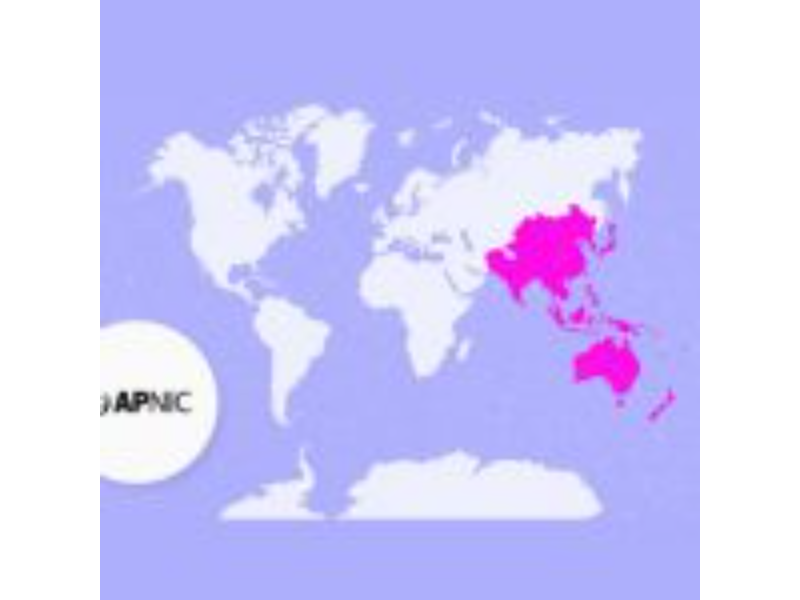- APNIC participated in Peering Asia 6.0 in Jakarta to strengthen peering ecosystems
- The event explored internet interconnection trends and regional partnerships to support growing digital economies
What happened
APNIC supported and participated in Peering Asia 6.0, held in Jakarta, Indonesia from 6 to 7 November 2024. The event, co-hosted by IDNOG, APJII, and Equinix, welcomed 598 participants who participated in peering meetings, conference, and panel sessions. A peering tutorial was also held prior to the event.
APNIC shared a booth with HKIX where Zen Ng and Jia Rong Low met with several APNIC members and event attendees answering their questions on Internet number resources, IPv4 transfers, IP leasing, geolocation issues and APNIC conferences.
Che-Hoo Cheng of APNIC chaired several sessions, focusing on cross-border partnerships, peering optimization, and network resilience. Participants engaged in diverse discussions on challenges like scaling infrastructure for burgeoning digital economies and implementing innovative solutions for efficient data traffic management. A key feature was the “peering personals” session, enabling participants to explore partnerships tailored to their specific needs.
Also read: What is APNIC? Inside the backbone of Asia’s internet
What it’s important
Taking a positive stance, Peering Asia 6.0 is a blueprint for addressing future connectivity challenges in the Asia-Pacific. As demand for internet services soars, the lessons and strategies shared during the event could catalyze regional innovation and collaboration. By prioritizing inclusivity and sustainability, Peering Asia highlights how partnerships between established organizations like APNIC and smaller players can empower the region to harness its full digital potential. The insights gained here could ripple out, inspiring other regions to adopt similar collaborative approaches.
For instance, small companies like MyRepublic, an internet service provider operating in Southeast Asia, depend on robust interconnection to deliver competitive broadband services in emerging markets. Efficient peering enables such companies to reduce dependency on costly international transit routes, empowering them to offer affordable internet plans to underserved regions. This, in turn, accelerates digital inclusion and fosters economic growth in areas with limited connectivity.
Globally, similar efforts underscore the importance of events like Peering Asia. In Africa, the Internet Exchange Point Association of Africa (AFIX) has demonstrated how regional collaboration can drastically reduce internet costs and improve speeds. These success stories illustrate that peering partnerships are vital for small and large entities alike, leveling the playing field in a digitally unequal world.

